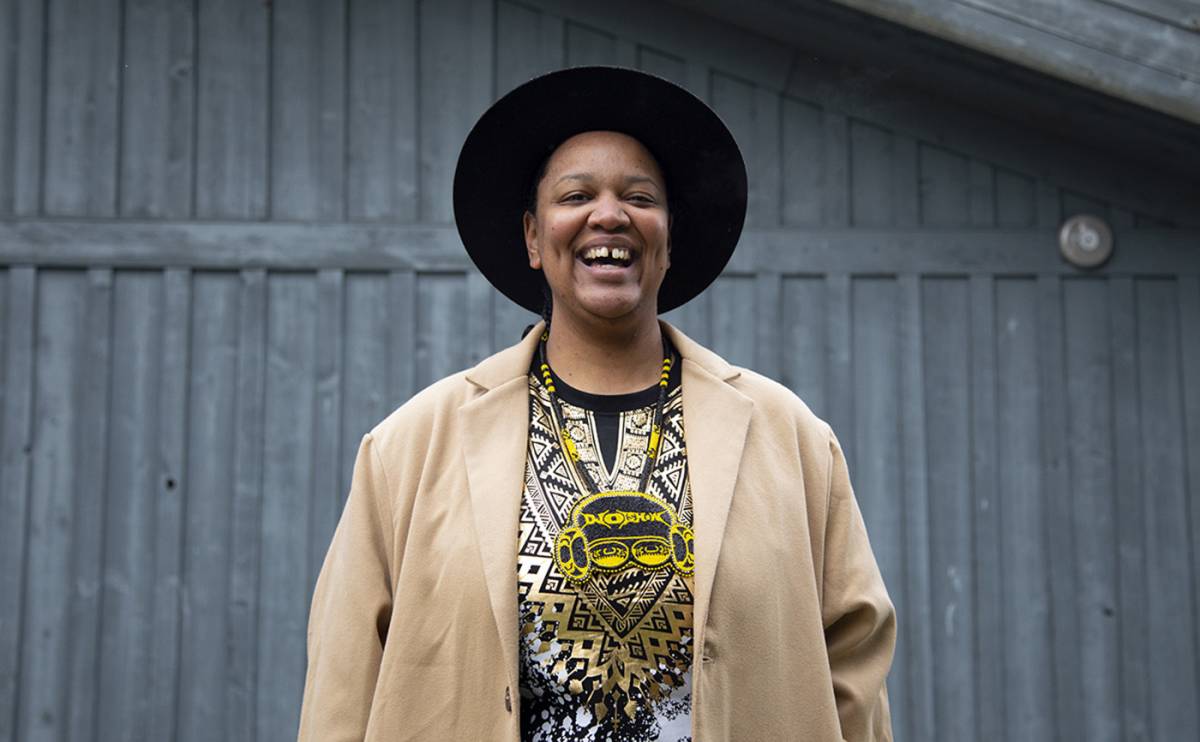by Charlie Smith, Georgia Straight on July 22nd, 2021
Even though the term two-spirit originated with Indigenous people on the Prairies, it had immediate appeal to Orene Askew, a member of the Squamish Nation council.
Askew’s mother is Indigenous and her father is African American, hailing from Gary, Indiana, where his parents lived down the street from the famous Jackson family.
“When people ask me about two-spirited, my definition of it makes sense to me,” Askew told the Straight by phone. “I have a masculine and a feminine spirit inside of me.”
Askew, also known as DJ O Show, is a pillar of Vancouver’s LGBT+ community, serving on the boards of the Queer Arts Festival, Out on Screen, and Vancouver Pride Society. A passionate motivational speaker and lively DJ, she has won a B.C. Indigenous Business Award, a Stand Out Award from the Vancouver Pride Society, and a 2021 Alumni of Excellence award from Capilano University. But what really energizes her is helping young people.
“I’m a part of the first generation that didn’t go to residential school,” Askew said. “I can see the difference in the way the youth of today think.”
According to her, they’re not as jaded by trauma as their Indigenous elders, who were forced to attend the church-run residential schools.
“They’re so optimistic and they’re incredible,” she continued. “And I want to try to be a good leader for them because I want them to take over and I want them to take care of me when I’m an elder.”
More recently, Askew has been learning about the term Indigiqueer from young people in her community, particularly during the Kindred Spirits digital artist residency in May and June. Askew was one of the faculty members offering weekly presentations to two-spirit and Indigiqueer artists, who could sign up for free. An online exhibition at the Queer Arts Festival is described as the “digital culmination” of Kindred Spirits, focusing on how identities and futures can be described through self-portraiture that extends beyond colonial framing.
In one Zoom presentation to the young people, Askew played her 30-minute audio documentary, Our Dark Secret, which is about residential-school survivors in her community. She did this just after the leadership of the Tk’emlúps te Secwépemc revealed that unmarked and undocumented graves of 215 children had been located on the grounds of the former Kamloops Indian Residential School.
“I felt it was like the perfect timing to play it for the youth and the other mentors,” Askew recalled. “And people talked about their feelings. It was really healing that day.”
Askew’s mother was a huge fan of Motown songs, which influences the music she makes today. Recently, Askew recorded her first hip-hop track with Vancouver producer Jane Aurora.
“I think it’s really good and I can’t wait to release it,” she said. “We’ve applied for a grant to film a music video, so we’ll find out in the next couple of weeks if we’ve got it.”
As an elected councillor with her First Nation, Askew was on a committee that entered the first float by the Musqueam, Squamish, and Tsleil-Waututh in the Vancouver Pride Parade. She described it as “awesome” to see two-spirited Indigenous people dancing so freely on the float.
In addition, the Squamish Nation has created a rainbow sidewalk at the foot of Capilano Road, not far from the Chief Joe Mathias Centre, which is a major community gathering spot.
Things are going so well for Askew that she’s been featured in a documentary by Human Biography, which has featured celebrities such as Meryl Streep and Susan Sarandon in the past. According to Askew, the film about her will drop next month.
But it wasn’t always such a joyous existence. She was raised in a B.C. housing project as a child before she and her mother moved to Eslhá7an (a.k.a. the Mission reserve), west of Lonsdale Quay.
On occasion, she said, she would be called the n-word, which was very confusing. She would think: “Why are they calling me that? That’s my family.”
As she grew older, she realized that people who insulted her were probably taught that word. And she tried not to take it so personally.
In fact, Askew admitted that on some days, she actually forgets that she’s Black because she’s been so immersed in Indigenous culture for her entire life.
“I say it all the time,” she said with a laugh. “I feel like a stork kind of just dropped me off: ‘Here you go; kind of deal with it.’
“That’s the thing: if you saw me walking down the street, you wouldn’t think I was First Nations at all.”

